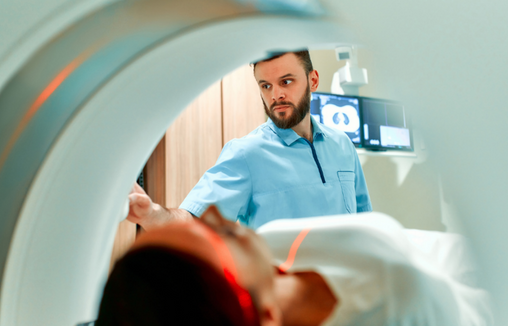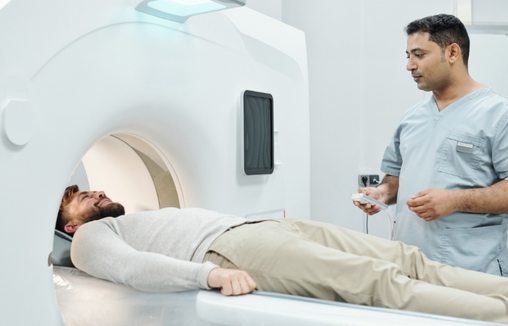There is an urgent need for new treatments in psychiatry and neurology. Current treatments are often ineffective or poorly tolerated and the pharmaceutical industry has reduced its investment in mental health research.
Experimental medicine is an approach that can de-risk and optimise the development of new therapies, helping to lower some of the barriers to investing into R&D in new treatments. It does this by providing early proof-of-mechanism and by guiding the selection of patient groups and endpoints to ensure research is measuring the relevant outcome, in the relevant people and at the relevant dose.
At our BRC we previously validated a pharmacological model using ketamine to mimic glutamate dysfunction in schizophrenia and tested novel compounds using this model, but there are few other recognised models of psychiatric conditions and a need to develop more.
Sustained investment in our BRC and Clinical Research Facility has contributed to the expansion of our portfolio of experimental medicine studies and early phase trials with 51 active studies across 20 disorder areas.
During 2018-2022 we received more than £15million in industry investment.
Our Experimental Medicine and Novel Therapeutics theme is advancing the development and validation of novel experimental medicine platforms with multiple endpoints such as behaviour, cognition, brain connectivity and physiology which are all applicable across multiple disorders.
In collaboration with other themes, we are developing expertise in experimental approaches and specialist methodology and improving access to diverse patient populations with detailed data.
By building our capabilities and our relationships with industry we are increasing the probability that clinical trials further down the line will be more effective at establishing new treatments.
Stories of Research
Discover how our research is making a difference to people’s lives, today and tomorrow.











